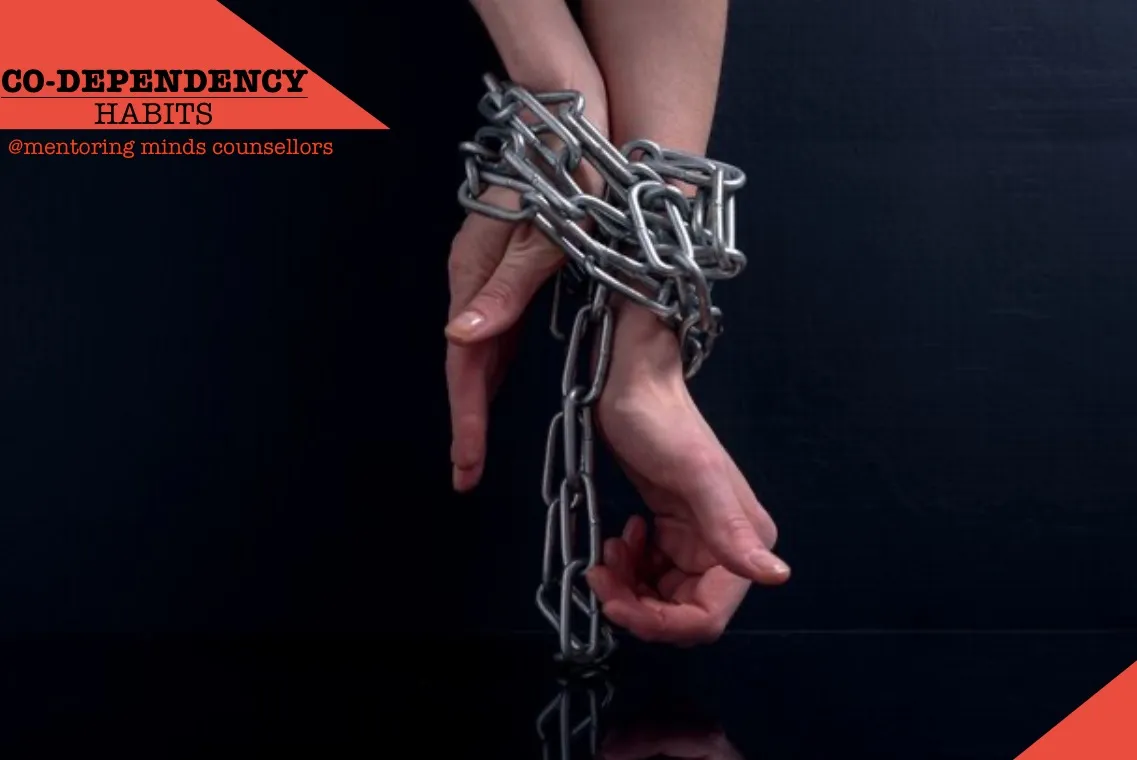Codependency is a term that often gets tossed around in conversations about relationships, but it’s more than just being overly reliant on someone. It’s a complex behavioral condition where one person’s sense of self-worth is tied to the approval, needs, and emotions of another. While it’s natural to care about others, codependency crosses a line when it becomes a pattern that limits personal growth, self-esteem, and emotional health
What can be the Types of Codependency Habits?
1. People Pleasing
This is one of the most common signs of codependency. You constantly seek approval and validation from others, often at the expense of your own needs. You might say “yes” to things you don’t want to do, avoid conflict at all costs, or feel anxious if someone is upset with you.
2. Caretaking
You feel the need to “fix” or “save” others, even when it’s not your responsibility. This often happens in relationships where one person is emotionally or even physically dependent, and the caregiver loses sight of their own well-being.
3. Low Self-Esteem
Codependent individuals often struggle with feelings of inadequacy or unworthiness. They believe they’re only valuable if they’re needed, leading them to sacrifice their identity to be what others expect.
4. Fear of Abandonment
This habit involves intense fear of rejection or being left alone. It can lead to clinging behaviors, jealousy, or becoming overly dependent on someone for emotional security.
5. Control Issues
Some people become codependent by trying to control situations or people to avoid feeling vulnerable. This might look like micromanaging, manipulation, or trying to “help” in ways that aren’t needed.
How to Break Free?
- Set Healthy Boundaries: Learning to set boundaries truly helps to understand the limitations of dependency provided how much is we dependent on the person versus our daily habits and involvement.
- My Self-Awareness: Identify your codependent triggers and reflect on your patterns. Awareness is the first step toward change; as this truly helps to address the emotions where we are dependent as slowly and gradually it helps to minimise the tendency of a respective emotion.
- Learning to Connect Alone: Spending time alone helps you reconnect with your inner self and realize that your value isn’t tied to anyone else. Being alone is not being lonely as when we understand about the factors of being alone it further helps to remain less worried about the emotions that would be workable.
Final Thoughts
We at Mentoring Minds Counsellors understand that Breaking free from codependency isn’t easy it takes time, effort, and a lot of self compassion. But the freedom that comes with healthy relationships and a strong sense of self is worth it. You deserve to be loved for who you are, not just for what you do for others.
If you recognize these habits in yourself, don’t be hard on yourself. Acknowledge them, seek support, and take small steps toward healing. You’re not alone in this journey.


Leave a Comment